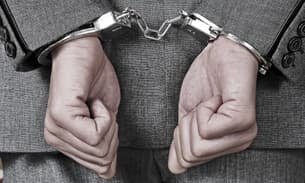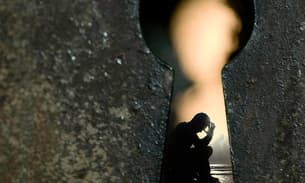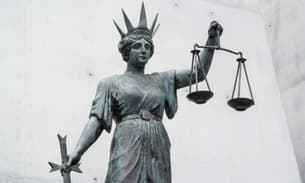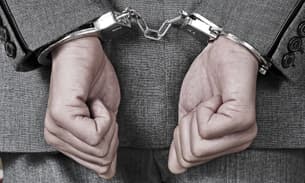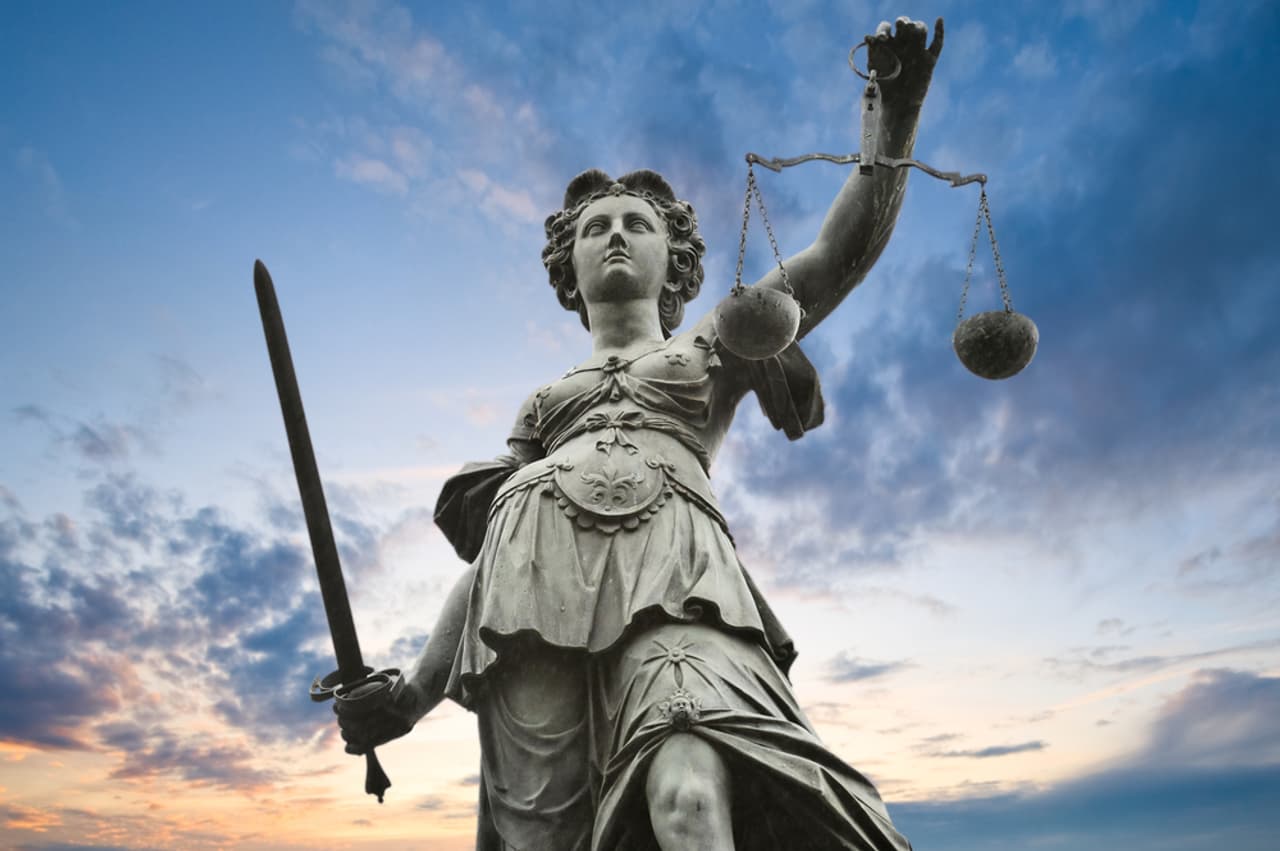
Secret Justice: the dark corners of the British legal system
Is UK justice becoming blind to human rights abuses?
Ever since the signing of the Magna Carta nearly 800 years ago, the United Kingdom has prided itself on its fair and open legal system. But over the past decade the transparency of the British justice system has slowly become clouded, with an increased reliance on secret evidence and closed courts.
Campaigners and activists have voiced their concerns that this move towards secretive judicial proceedings could undermine justice in the UK. Amnesty International wrote in a recent report that ‘this growing resort to secrecy undermines basic standards of fairness and open justice, [and] can result in violations of the right to a fair trial and the right to effective remedy for victims of human rights violations.’
Now the Bureau of Investigative has set out to explore the way that secrecy is increasingly being used in the UK courts. Our aim is to to establish whether the use of secret evidence, control orders and extraditions are bolstering or weakening justice in Britain.
Secret evidence
The Justice and Security Bill, currently making its way through parliament, contains some important changes to the current system. If enacted into law the Bill would extend the use of secret courts, or closed material procedures (CMPs) as they are also known.
Keeping certain information private is already part of the UK court system. In traumatic cases – like rape cases – some witnesses are allowed in give evidence in camera, or anonymously. Other cases before family courts are also kept private from the public.
In fact, one of the main criticisms for the extension to CMPs, as outlined in the Justice and Security Bill, is that the system already has methods of keeping certain information private. Public interest immunity (PII) can be applied to evidence to mean that it cannot be made public.
However, in his forward to the green paper which preceded the Justice and Security Bill draft, then justice minister Ken Clarke explained, ‘the UK justice system [is now] unable to pass judgment on these vital matters: cases either collapse, or are settled without a judge reaching any conclusion on the facts before them.’
As a means of confronting this Clarke proposed the Bill which would allow secret evidence to been seen by the judge but not by the appellant.
This would mean security-cleared Special Advocates would have access to the information and would be allowed to pass on only the ‘gist’ of the evidence to the appellant.
One of the arenas which already uses this form of secret evidence is in special immigration appeals commission hearings (SIAC).
Read more about Special Immigration Appeal Commission here.
Undisclosed evidence is also used in employment tribunals and by the Investigatory Powers Tribunal (IPT), the body responsible for dealing with complains about the intelligence services.
Living under control
Another recent change to justice system is a move from control orders to Terrorism Prevention and Investigation Measures (TPIMs). Both measures allow the Home Secretary to restrict the freedom of an individual, removing his or her passport, restricting the hours they are allowed out of their house, prohibiting access to mobile telephones and the internet and limiting the areas they can travel to.
These restrictive measures came about as a response to a 2005 ruling by the House of Lords who decreed that holding terror suspects in Belmarsh prison without charge or trial was unlawful. Instead of holding the suspects in prison, control orders allowed the Home Office to keep track on suspects without having to bring a charge or try them.
In January 2012 the coalition government scrapped control orders in favor of new TPIMs, a system that human rights NGO Liberty calls ‘control order-lite’.
Husein Al-Samamara is currently living under a TPIM. He has described trying to challenge his situation as ‘like fighting a ghost’.
Over the coming weeks the Bureau will be publishing a series of articles exploring the state of the UK’s secret justice system. This article is subject to change and updates as we unravel the web of the secret justice system.

